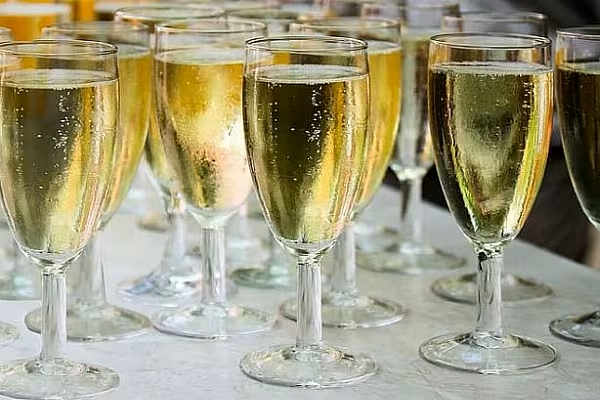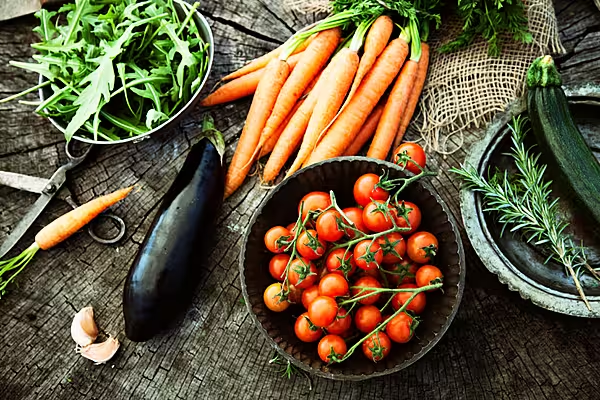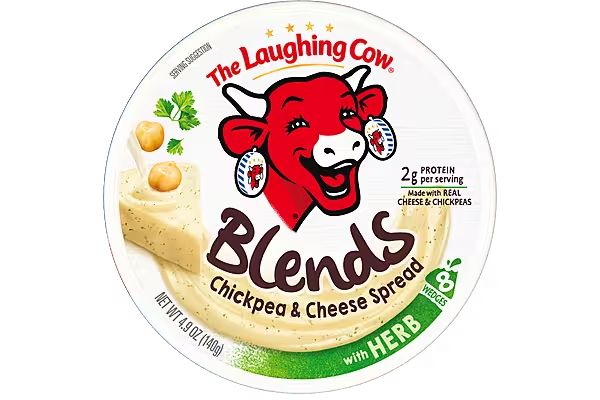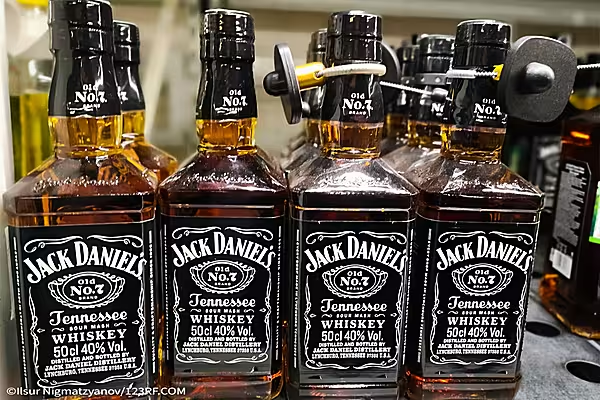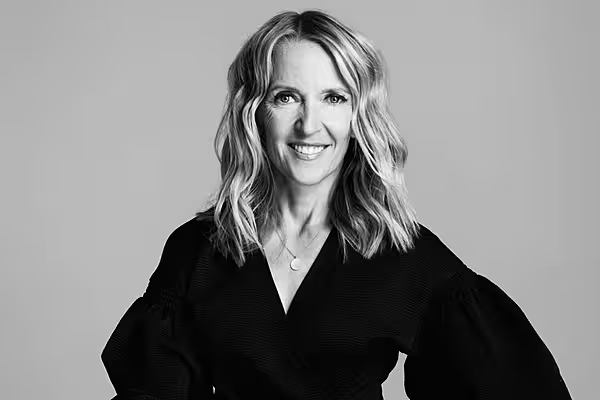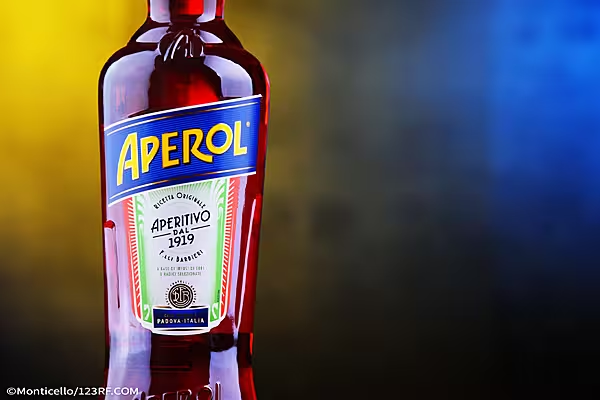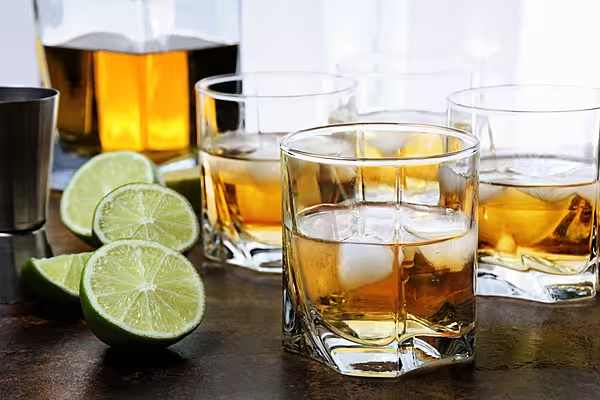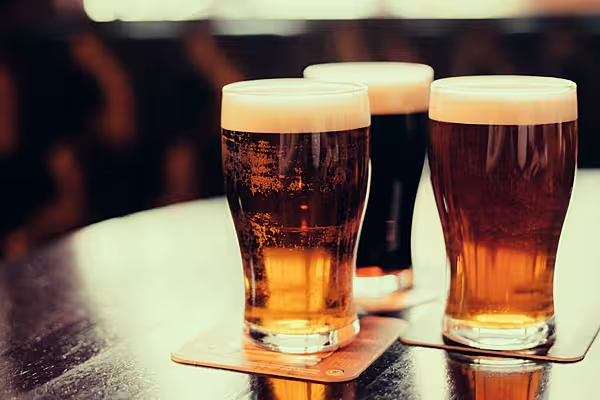France's champagne industry group blasted on Monday a new Russian law forcing foreign champagne producers to add a 'sparkling wine' reference to the back of their bottles.
The 'Comite Champagne' (Champagne Committee) added in a statement that it was also calling on French and European Union diplomats to get the law changed.
The law, signed by Russian President Vladimir Putin on Friday, requires all foreign producers of sparkling wine to describe their product as such on the label on the back of the bottle - though not on the front.
Makers of Russian 'shampanskoye' may continue to use that term alone.
Halt Shipments To Russia: Champagne Group
Co-presidents of the French Champagne group, Maxime Toubart and Jean-Marie Barillere, called on its members to halt all shipments to Russia for the time being.
They said that the Champagne name, which refers to the region in France where French Champagne comes from, had legal protection in 120 countries.
'The Champagne Committee deplores the fact that this legislation does not ensure that Russian consumers have clear and transparent information about the origins and characteristics of wine,' it said, adding the law undermined two decades of talks between Russia and the European Union.
Meanwhile, Moet Hennessy said it would begin adding the designation 'sparkling wine' to the back of bottles destined for Russia to comply with a new law, having had to suspend deliveries to make the change.
LVMH shares were down around 0.2% on Monday afternoon, underperforming the Paris bourse, which was up 0.34%.
Shares in Russian sparkling wine maker Abrau-Durso were up more than 3% after rising as much 7.77% in early trade.
'Global Norms And Standards'
Abrau-Durso president Pavel Titov told Radio France Internationale on Saturday his firm does not have sparkling wines that would be called "champagne" in its portfolio and said he hoped the issue would be resolved in favour of global norms and standards.
"It is very important to protect the Russian wines on our market. But the legislation must be reasonable and not contradict common sense ... I have no doubts that the real champagne is made in the Champagne region of France," he said.
